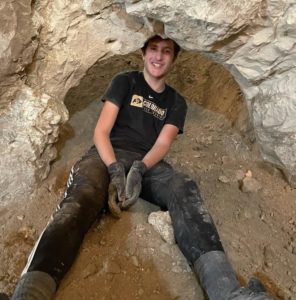 By Robin Rosen
By Robin Rosen
My son Jack was just beginning to find his way socially when COVID hit in March of 2020. He is a fairly reserved kid with a late birthday, so he came to being social later than his peers. Camp had always been where he felt most comfortable socially, but COVID upended everything. It cancelled soccer, the prom, and his summer plan after Junior year to go on the Ramah Israel Seminar.
Just as Jack was applying to colleges online I heard about the JumpSpark gap year scholarship opportunity. I wanted to find a gap year program that was the right fit for him—religious but not too religious, a program where he could learn to make decisions for himself but with supervision. Social, but not a party program, with plenty of travel and experiences with Israeli kids. I wanted him to experience Israel, grow as a young adult, and come back excited to start college and still love being Jewish. After I researched and talked with a dozen different programs, I came to the same conclusion that Jack had all along—Nativ was the right choice.
Once the volumes of paperwork were sent and sent again, we gathered everything on the packing list and tried to fit everything he needed for the year into two duffel bags. Lucky for us, he is a bit of a minimalist, so we managed to fit everything in. I was ready for him to go.
I got asked often, “Aren’t you worried about sending him to Israel?” I wasn’t worried about Israel–I was worried about him making friends, that he got enough to eat, that he would do his laundry. Things have changed a lot since I went to Israel as a student in 1989. There are no more payphones, tokens, or collect calls. Jack had a cell phone with an Israel SIM card and could call or text when he wanted to.
It turned out that once or twice a week was what he wanted—and we were happy to get that! His calls were brief, his texts even shorter, but it was clear he was having a good time and busy. He was staying up late–his phone calls were often at 1:00 am Israeli time. His credit card bills were mostly for food and occasionally a bar tab. Jack figured out how to do his laundry, how to navigate roommates who were as messy as he was, how to navigate the bus system and how to get invited to a friend’s house for Shabbat.
I did worry when he got COVID so far away from home. Turns out that he ended up missing some programming he did not want to attend and played video games for a few days. In every picture that Nativ posted (no social media for my kid), he was smiling and surrounded by friends. I knew he was doing well. About six weeks after he got to Israel, he said to me, “Mom, you were right. I am so glad I am here.”
Mostly, I just missed him. Nine months is a long time to go without seeing your child. COVID prevented me from visiting him. We had a great trip planned but Israel shut their borders to tourists, just a few weeks before our departure.
Jack returned home a bit shaggier, a bit taller, and much more attached to his cell phone. He misses his friends desperately. He is speaking up for himself more, and he is working through his college online orientation without nagging. He set up his summer job and gets himself to work every day. He is much more confident in who he is as a young adult and as an American Jew. Now, I feel like he is ready for college and independent living. I am so grateful that he had this opportunity. It was a gift for him and for us.
To learn more about Gap Year scholarships and programs, contact Susie Mackler, or visit JumpSpark’s Gap Year Page.
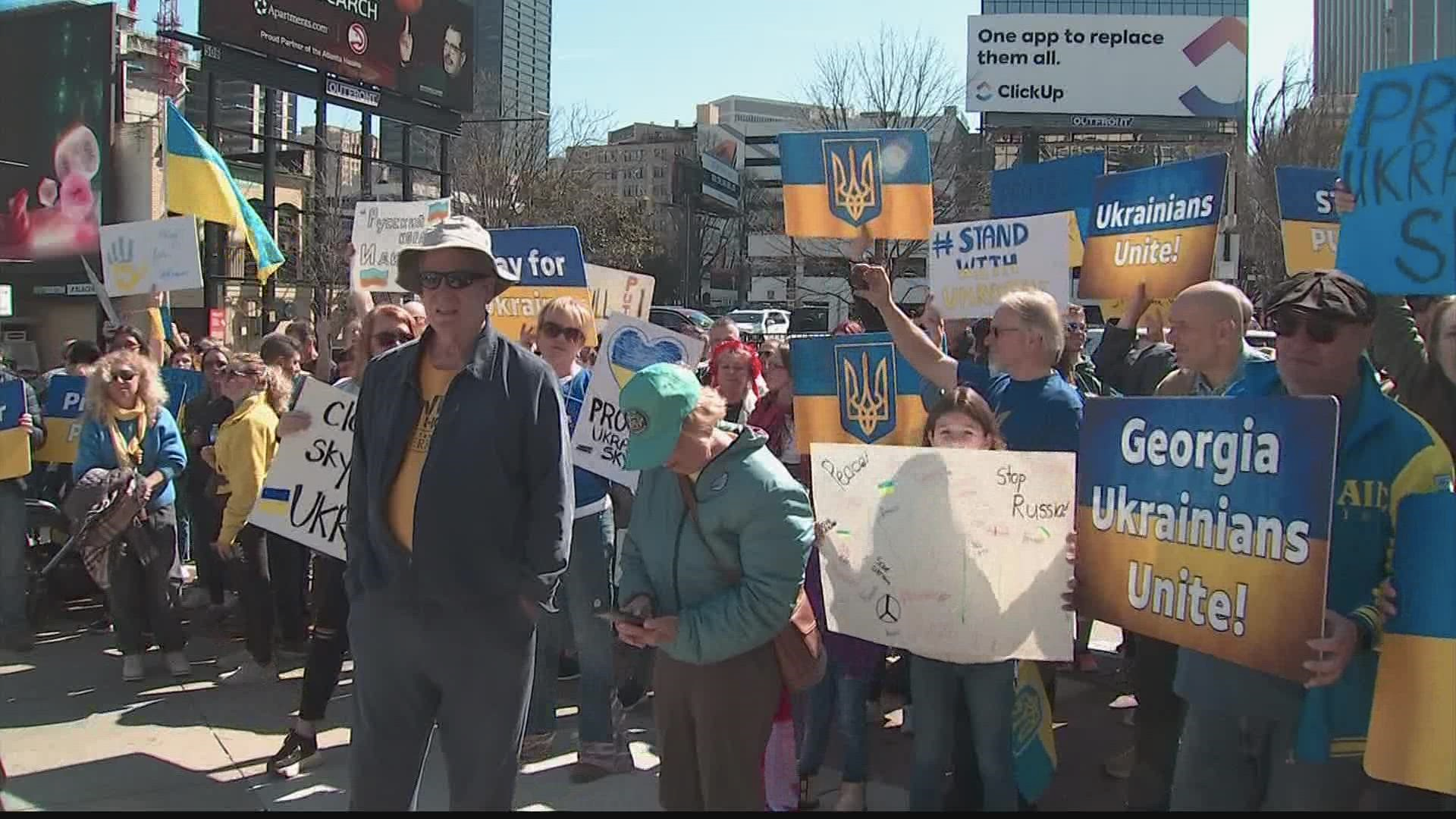
 Many Ukrainians are arriving in Atlanta with nothing but the clothes on their backs. They are not eligible for government relief programs and have no access to food stamps, medical intervention, or housing assistance. The need for funds to support them is urgent.
Many Ukrainians are arriving in Atlanta with nothing but the clothes on their backs. They are not eligible for government relief programs and have no access to food stamps, medical intervention, or housing assistance. The need for funds to support them is urgent.
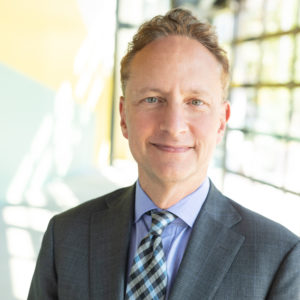 By Matt Bronfman, Federation Board Chair
By Matt Bronfman, Federation Board Chair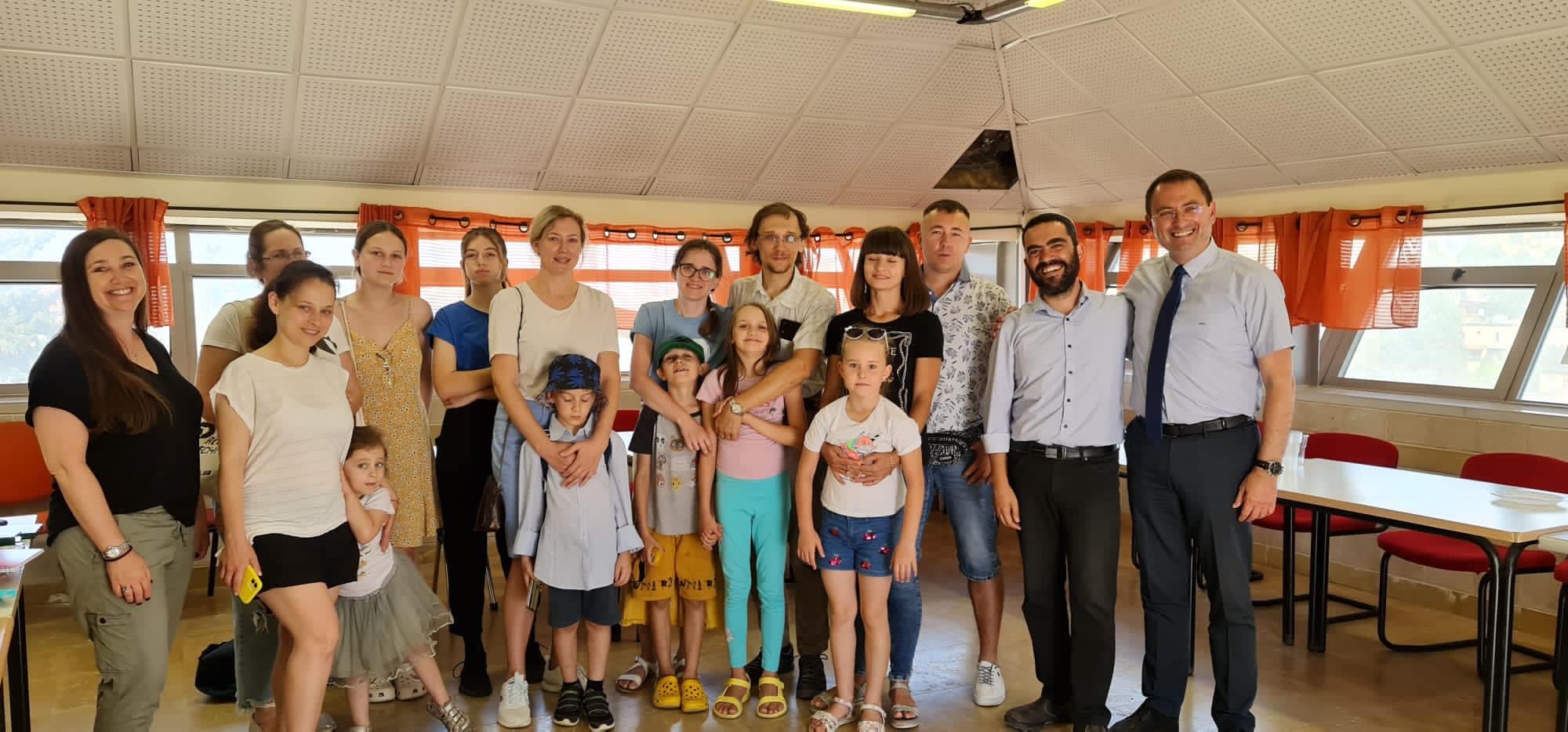
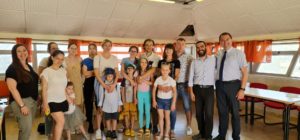 By Eliad Ben Shushan, Israel Partnership Director
By Eliad Ben Shushan, Israel Partnership Director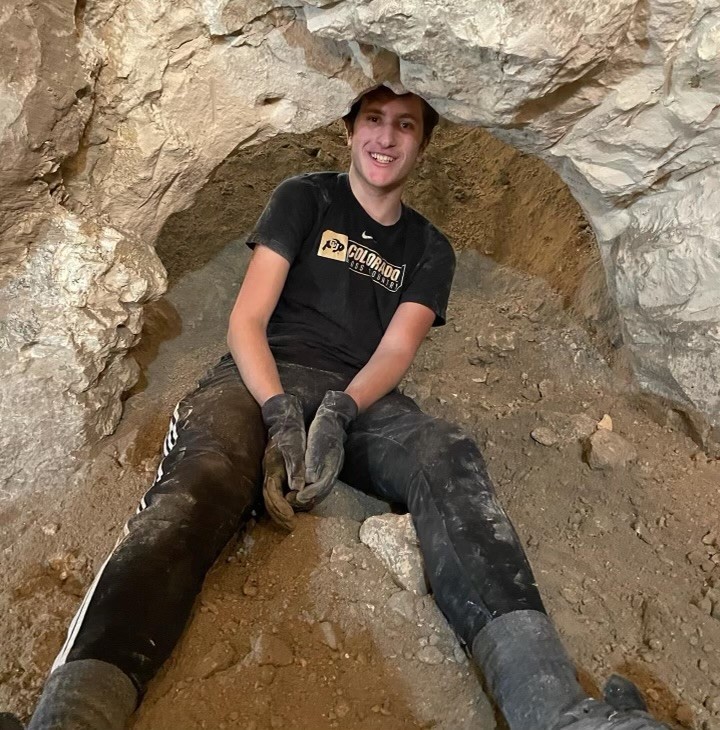
 By Robin Rosen
By Robin Rosen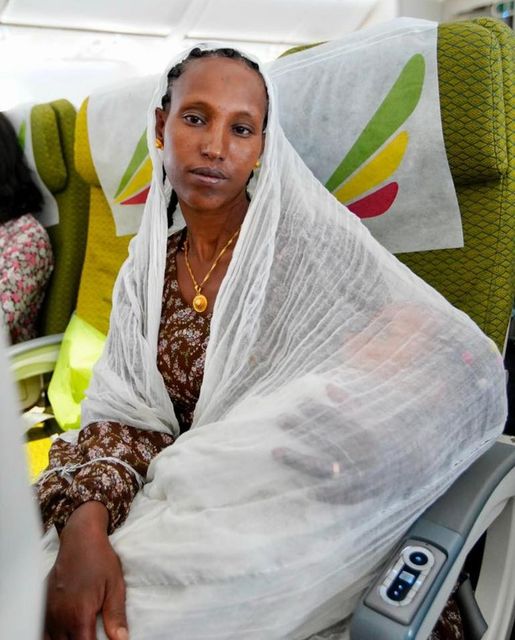
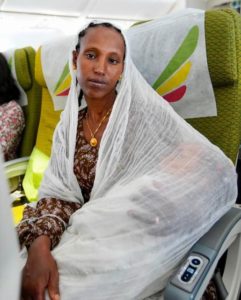 In a trip that inspired a wide range of emotions, Federation board member Michael Kogon visited Ethiopia’s community of devoted Jews in Gondar. He, along with other Jewish leaders from Europe and Canada, were ushered into this remote region nestled beneath the Simeon Mountains, a range Kogon describes as both beautiful and foreboding. Michael Kogon’s account of his journey to Gondor brings you closer than ever to the great need of the Ethiopian Jewish community.
In a trip that inspired a wide range of emotions, Federation board member Michael Kogon visited Ethiopia’s community of devoted Jews in Gondar. He, along with other Jewish leaders from Europe and Canada, were ushered into this remote region nestled beneath the Simeon Mountains, a range Kogon describes as both beautiful and foreboding. Michael Kogon’s account of his journey to Gondor brings you closer than ever to the great need of the Ethiopian Jewish community. 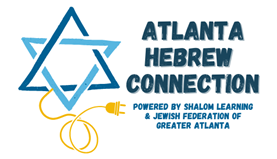

 By Melissa Scholten-Gutierrez,
By Melissa Scholten-Gutierrez, 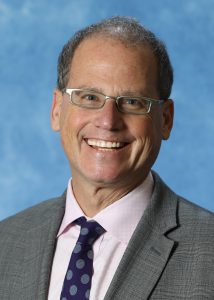
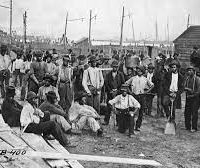
 Juneteenth (the 19th of June) commemorates the emancipation of enslaved African Americans, and also is a celebration of African American culture. Originating in Galveston, Texas, it has been celebrated annually on June 19 in various parts of the United States since 1865. This is the second year that Juneteenth is an official federal U.S. holiday.
Juneteenth (the 19th of June) commemorates the emancipation of enslaved African Americans, and also is a celebration of African American culture. Originating in Galveston, Texas, it has been celebrated annually on June 19 in various parts of the United States since 1865. This is the second year that Juneteenth is an official federal U.S. holiday.

